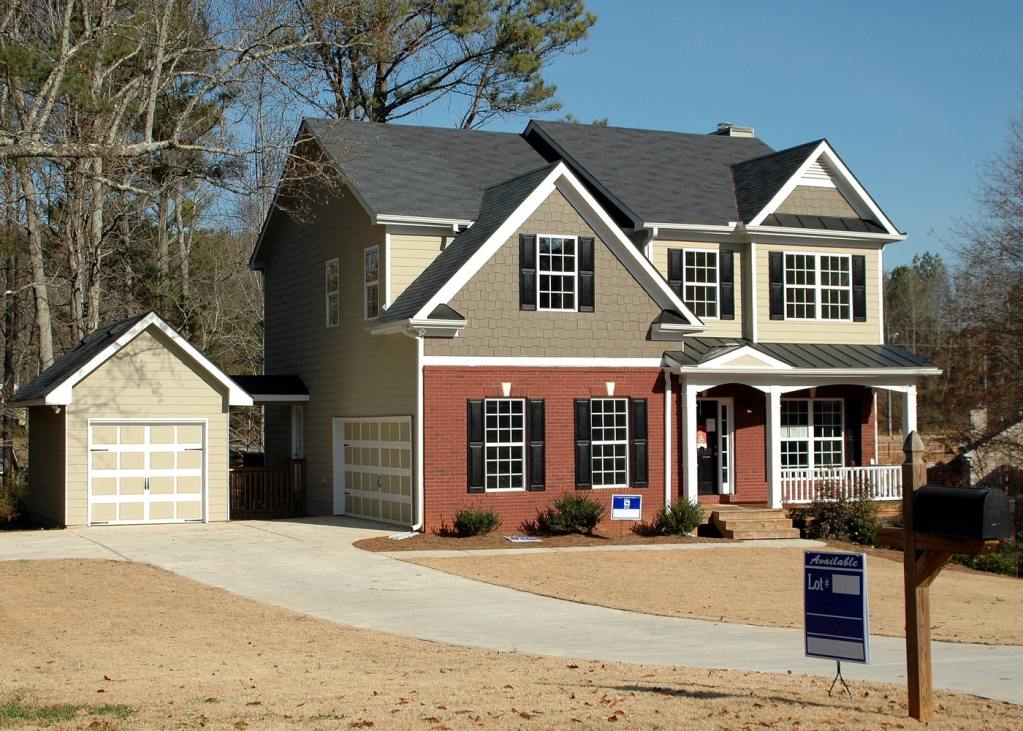It’s fair to say that the post-pandemic world has created a confusing landscape in the housing market. With rising mortgage costs, hiking interest rates, and the allowance of reduced down payments for certain borrowers, the number of 2022 homebuyers underwater is increasing at an alarming rate.
Many homeowners are finding they owe more on their home loans than what their properties are worth. And with the threat of delinquency on the rise, this issue becomes all the more concerning. If you’re a recent homebuyer, here’s what you need to know about the increase in underwater mortgages.

Here’s what Black Knight’s data says
Black Knight, a mortgage software provider, released its October 2022 Mortgage Monitor, which highlighted some key concerns in the market. Of all the homes purchased with a mortgage in 2022, Black Knight says that 8% are now slightly underwater, meaning 8% of borrowers owe more on their home than it’s worth.
“Of the 450,000 underwater borrowers at the end of Q3, the mortgages of nearly 60% had been originated in the first nine months of 2022,” said Black Knight Data & Analytics president Ben Graboske. “And these were overwhelmingly purchase loans. All in, 8% of purchase mortgages originated thus far in 2022 are now marginally underwater, with another 20% in low equity positions.”
Black Knight’s data also revealed that nearly 40% of borrowers have less than 10% equity stakes in their homes. This situation seems most concentrated among FHA and VA loan borrowers, since both allow homebuyers to put down lower down payments — as low as 3% for FHA loans and no down payment for VA loans.
Furthermore, Black Knight found that more than 25% of 2022 FHA/VA purchase mortgage holders have now dipped into negative equity, with 80% having less than 10% equity.

What does this mean for homebuyers?
While it’s typical for homebuyers to enter a brief period of underwater mortgage, the rates are more striking this year. Andy Walden, Black Knight’s president of enterprise research, told CBS News, “It is much more pronounced this year than it normally is because prices are starting to cool.” Walden also noted that the portion of underwater borrowers tripled in October, creating growing concerns for those who have recently taken out a home loan.
Though the portion of underwater mortgages still rests at a historic low, there is a greater risk for buyers who purchased a property in the post-pandemic market conditions. Homeowners who opted for lower down payments when purchasing are likely to be more affected, such as those with FHA or VA loans.
The current trajectory of the housing market is less than optimistic. As Walden told CBS, “I expect it will get worse. As prices continue to soften, the expectation is you could continue to see these underwater properties rise.” Black Knight said it will continue to monitor this situation closely to keep homebuyers informed.



